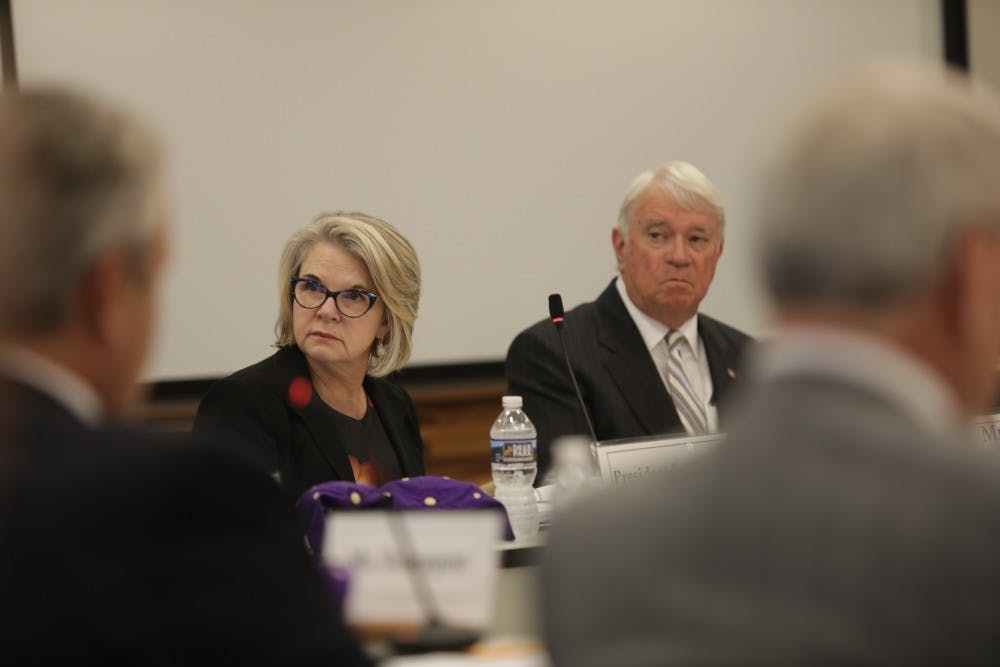The UNC-system Board of Governors approved increases in tuition and fees for certain undergraduates at various system campuses on Friday, including a $2,000 annual fee increase for UNC-Chapel Hill’s undergraduate business majors.
The increase for certain UNC-CH students, coupled with a $1,000 annual increase for business minors, and other school’s increases, come after the UNC-system schools submitted proposals for tuition and fee increases – except in the case of UNC-CH and Winston-Salem State University, which both proposed fee decreases – for next school year.
Kenan-Flagler Business School students seeing an increase in their tuition is not a plan that is unheard of in North Carolina. The College of Engineering program at N.C. State University is another example of a university program increasing fees on students.
Starting in 2015, the UNC Board of Governors approved the COE Program Enhancement Fee, which NCSU said in the COE Frequently Asked Questions page ensures the University keeps pace with peers in terms of resources.
The COE enhancement fee stood at $1,000 for the 2016-17 academic year. NCSU proposed an increase of $500 for the fee, leaving the total for the 2017-18 academic year at $1500. The Board of Governors also approved this increase.
NCSU also proposed a 1.3 percent fee increase, coming to $31 – $15 dollars for the health services fee and $16 dollars for the student activities fund – which the Board of Governors approved.
N.C. Central University proposed a 2.5 percent fee increase, coming to $65, from an increase in their athletics fee and their health services fee.
Fee increases will affect all undergraduate students during the next academic year, including in-state and out-of-state students and all incoming first-years at the two universities.
UNC-CH proposed and approved a 1.4 percent decrease in the mandatory fees for the next academic year.



